How Much Do A Metal Detector Cost?
When it comes to purchasing a metal detector, the cost can vary significantly based on several factors such as the type, brand, features, and intended use. Whether you are a hobbyist, a professional treasure hunter, or someone looking for a specific application like security or industrial use, understanding the cost dynamics can help you make an informed decision. In this article, we will delve into the various aspects that influence the cost of metal detectors and provide a comprehensive guide to help you choose the right one for your needs.
Types of Metal Detectors and Their Costs
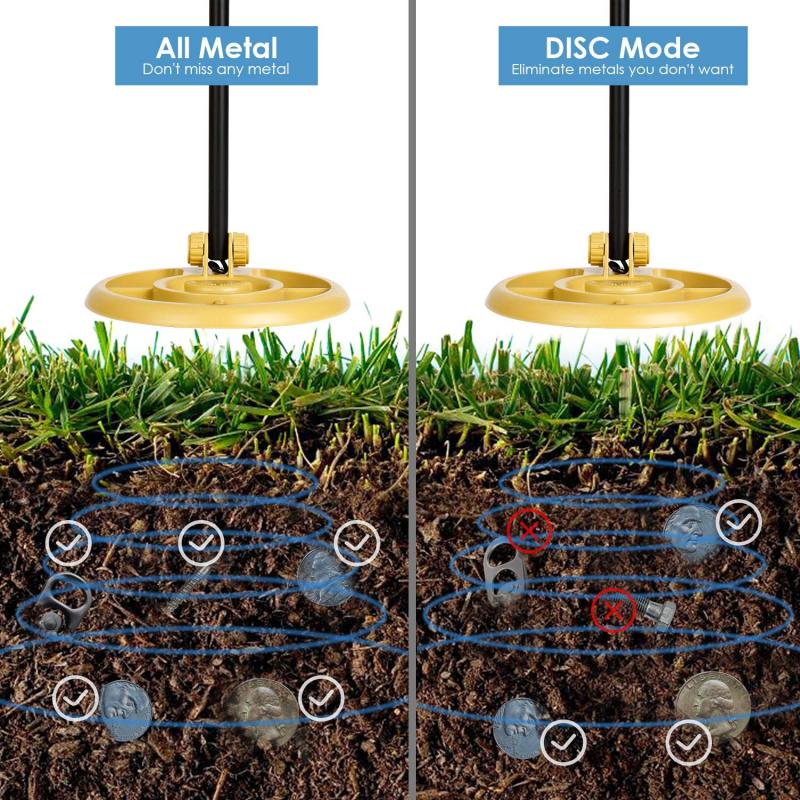
1. Entry-Level Metal Detectors
Entry-level metal detectors are designed for beginners and hobbyists. These models are generally user-friendly and come with basic features. They are suitable for casual treasure hunting in parks, beaches, and other public places.
- Cost Range: $100 - $300
- Features: Basic discrimination, target ID, and depth indicator.
- Popular Brands: Bounty Hunter, Garrett, Fisher.
2. Mid-Range Metal Detectors
Mid-range metal detectors offer more advanced features and better performance compared to entry-level models. They are suitable for more serious hobbyists who want to explore a variety of terrains and find more valuable items.
- Cost Range: $300 - $700
- Features: Enhanced discrimination, multiple search modes, better depth detection, and improved target ID.
- Popular Brands: Garrett, Minelab, Nokta Makro.
3. High-End Metal Detectors
High-end metal detectors are designed for professional treasure hunters and serious hobbyists who demand the best performance. These models come with advanced features and technologies that allow for deeper and more accurate detection.
- Cost Range: $700 - $2,500
- Features: Advanced ground balancing, multiple frequency options, wireless headphones, GPS, and superior depth detection.
- Popular Brands: Minelab, XP Deus, Garrett.
4. Specialized Metal Detectors
Specialized metal detectors are designed for specific applications such as gold prospecting, underwater detection, and industrial use. These models come with features tailored to their specific use cases.
- Cost Range: $500 - $5,000
- Features: High sensitivity to small gold nuggets, waterproof design, industrial-grade durability, and specialized search coils.
- Popular Brands: Minelab, Fisher, Garrett.
Factors Influencing the Cost of Metal Detectors
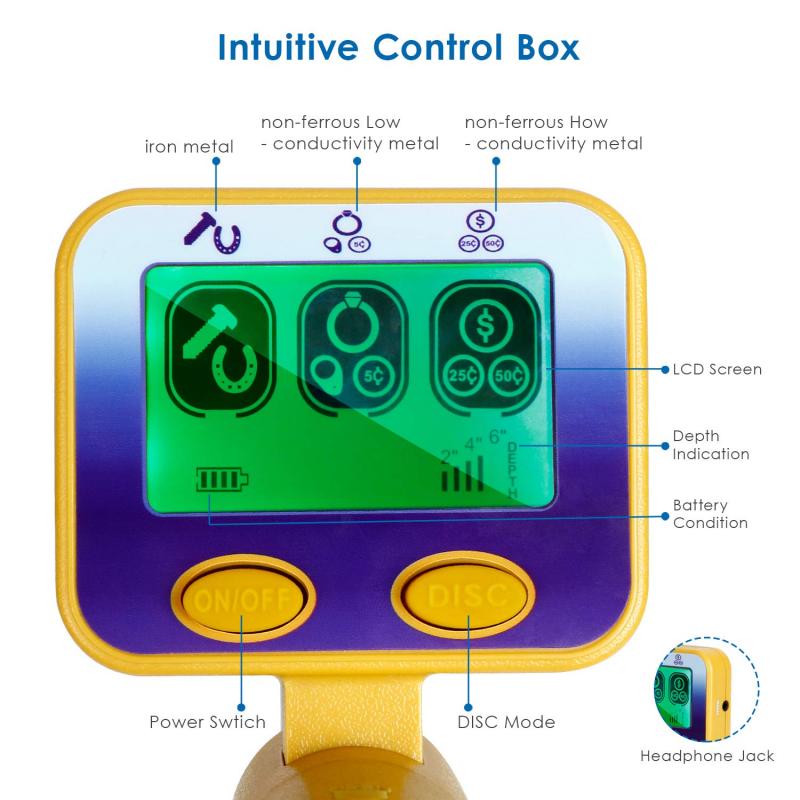
1. Technology and Features
The technology and features integrated into a metal detector significantly impact its cost. Advanced features such as multiple frequency options, wireless connectivity, GPS, and enhanced discrimination capabilities can drive up the price.
2. Brand and Reputation
Established brands with a reputation for quality and reliability often command higher prices. Brands like Minelab, Garrett, and XP Deus are known for their high-performance metal detectors and excellent customer support.
3. Intended Use
The intended use of the metal detector also plays a crucial role in determining its cost. For example, metal detectors designed for gold prospecting or underwater detection are generally more expensive due to their specialized features.
4. Build Quality and Durability
Metal detectors built with high-quality materials and superior craftsmanship tend to be more expensive. Durability is an important factor, especially for those who plan to use their metal detector in rugged terrains or harsh environments.
5. Accessories and Add-Ons
Additional accessories such as search coils, headphones, carrying cases, and digging tools can add to the overall cost of a metal detector. Some high-end models come with a range of accessories included in the package.
Practical Tips for Choosing the Right Metal Detector
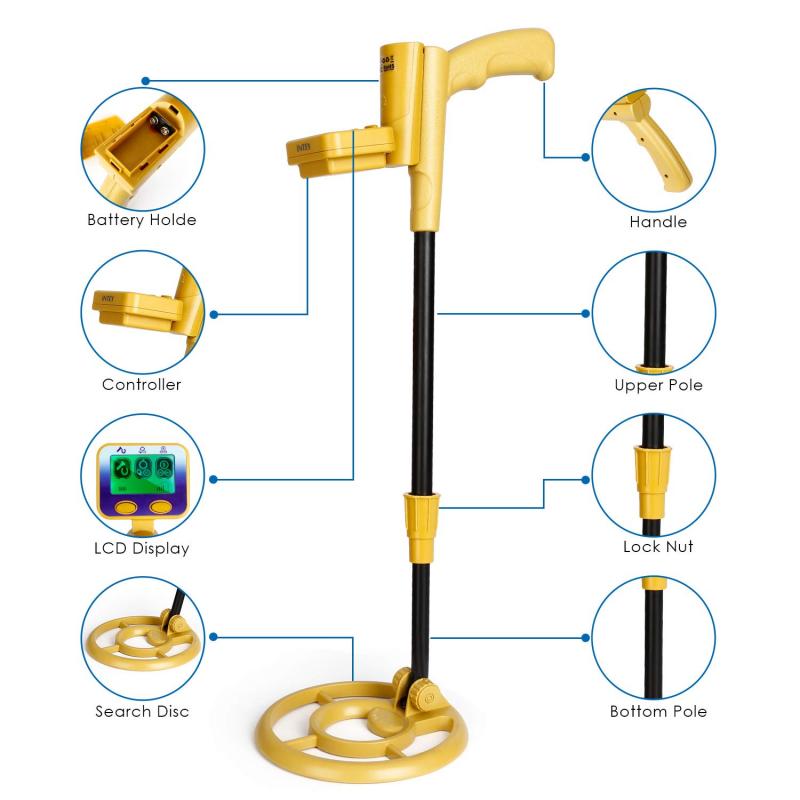
1. Determine Your Budget
Before you start shopping for a metal detector, it's important to determine your budget. This will help you narrow down your options and focus on models that fit within your price range.
2. Identify Your Needs
Consider what you intend to use the metal detector for. Are you a casual hobbyist, a serious treasure hunter, or do you need a metal detector for a specific application like gold prospecting or underwater detection? Identifying your needs will help you choose a model with the right features.
3. Research and Compare
Take the time to research different models and compare their features, performance, and prices. Reading reviews and watching videos from other users can provide valuable insights into the pros and cons of each model.
4. Consider the Learning Curve
Some metal detectors come with advanced features that may require a learning curve to master. If you are a beginner, you may want to start with an entry-level model that is easy to use and gradually upgrade as you gain more experience.
5. Check for Warranty and Support
A good warranty and reliable customer support are important factors to consider when purchasing a metal detector. Established brands often offer better warranties and customer support, which can provide peace of mind and assistance if you encounter any issues.
The cost of a metal detector can vary widely based on factors such as type, features, brand, and intended use. Entry-level models are affordable and suitable for beginners, while mid-range and high-end models offer advanced features and better performance for serious hobbyists and professionals. Specialized metal detectors are designed for specific applications and come with features tailored to their use cases.
By understanding the different types of metal detectors and the factors that influence their cost, you can make an informed decision and choose the right model for your needs. Whether you are a casual hobbyist or a professional treasure hunter, there is a metal detector out there that fits your budget and requirements. Happy hunting!

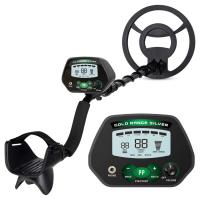

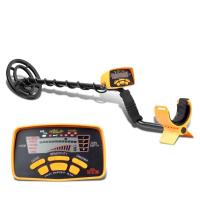
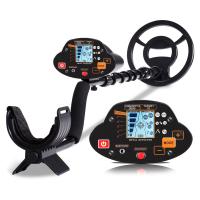
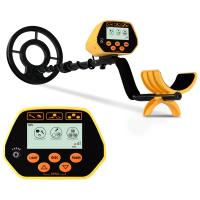
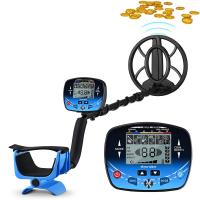

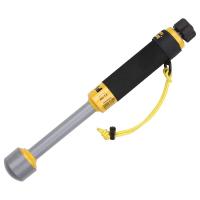
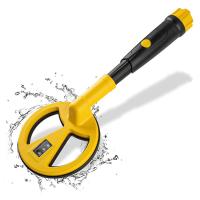
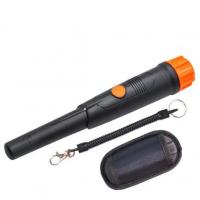
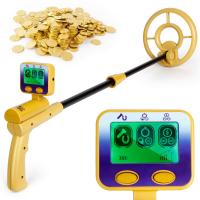

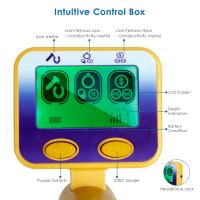


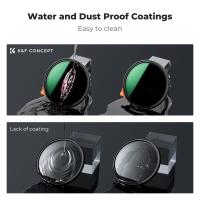

There are no comments for this blog.